The leak-free design of the industrial magnetic pump is one of its most prominent features. This design concept provides a strong guarantee for equipment safety. In traditional pumps, the shaft seal is a key sealing component that directly affects the operation and safety of the pump. The shaft seal is prone to wear, aging or damage after long-term use, which leads to liquid leakage inside the pump body. When the pump is high-temperature, high-pressure, corrosive or toxic liquid, leakage often brings serious safety hazards. In contrast, the industrial magnetic pump achieves contactless liquid transmission through a unique magnetic drive system, thus avoiding the use of shaft seals. This leak-free design not only ensures the stable operation of the equipment, but also greatly improves safety.
The working principle of the magnetic pump is based on the coupling of externally driven electromagnetic force and internal magnetic force. This structure makes the pump body no longer rely on traditional mechanical seals to complete the isolation of liquid, thus completely eliminating the problem of liquid leakage caused by aging or poor sealing of shaft seals in traditional pumps. Under this design, the pumped liquid - especially those corrosive, flammable, and toxic liquids - is effectively enclosed in the pump body, eliminating pollution to the environment or harm to the health of operators. As the reliability of liquid delivery systems increases, the risk of pump leakage is almost zero, thus avoiding possible safety accidents, especially when handling chemicals, petroleum products or medicines.
The leak-free design of magnetic pumps also greatly increases the life of the equipment. Traditional pumps are often affected by friction and pressure due to the presence of seals. After long-term use, the loss of seals is inevitable and even needs to be replaced regularly. Magnetic pumps do not have these vulnerable parts, eliminating friction and wear, and the pump body can operate continuously and stably. Long-term trouble-free operation means less maintenance work and less downtime, reducing maintenance costs and improving production efficiency. For industrial enterprises, the high reliability of magnetic pumps not only helps reduce operating costs, but also reduces production interruptions caused by equipment failure.
For some high-risk industries, such as petrochemicals, pharmaceuticals, and food processing, the leak-free characteristics of magnetic pumps provide great safety protection. In these industries, the liquids handled are often flammable, explosive, or highly corrosive, and any leakage of liquid may cause serious safety accidents. Traditional pumps may cause liquid leakage during use due to the failure of the shaft seal, resulting in safety accidents or even catastrophic consequences. The magnetic pump effectively avoids leakage problems through its leak-free design, greatly reducing the safety hazards of these high-risk industries.
The leak-free design also plays an important role in environmental protection. In many industrial applications, liquid leakage not only brings safety problems, but also pollutes the surrounding environment, and even violates environmental regulations, causing companies to bear huge fines and repair costs. The leak-free characteristics of the magnetic pump can ensure that the liquid flows in a closed manner in the pump body, thereby avoiding the negative impact of leakage on the environment. When handling harmful chemicals or dangerous liquids, the magnetic pump can minimize the pollution of water sources, atmosphere and soil, and help enterprises achieve green production and sustainable development.
The leak-free design of the magnetic pump also provides a safer working environment for operators. The leakage problem of traditional pumps may cause workers to come into contact with toxic, corrosive or other dangerous liquids, which in turn poses a threat to their health. The magnetic pump reduces the risk of workers coming into contact with hazardous substances by completely eliminating the leakage problem, effectively ensuring personal safety. This not only meets increasingly stringent occupational safety and health standards, but also enhances employees' work confidence and corporate social responsibility.


 English
English русский
русский عربى
عربى

.jpg)
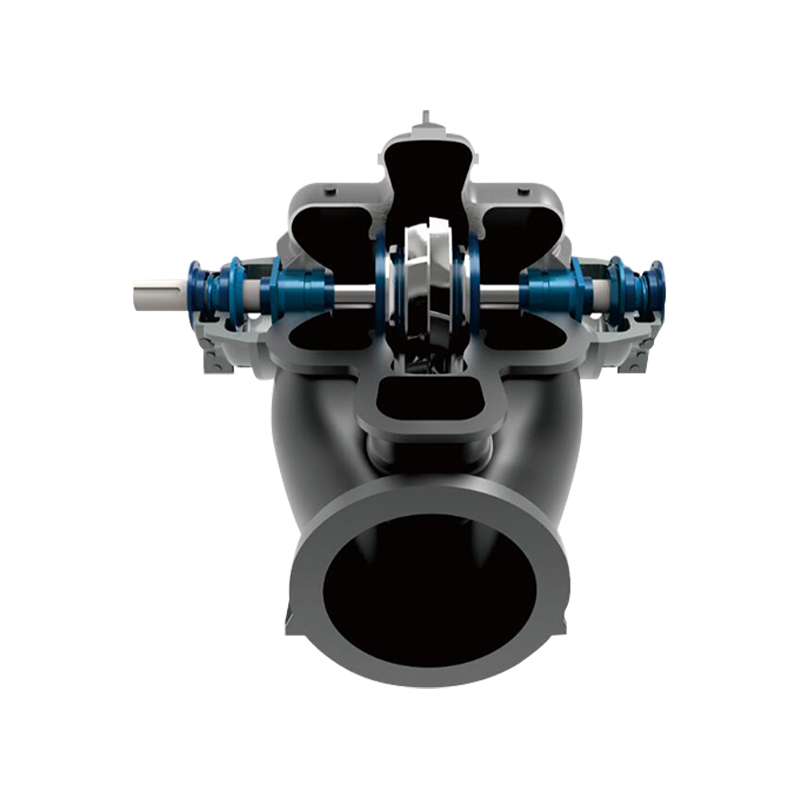
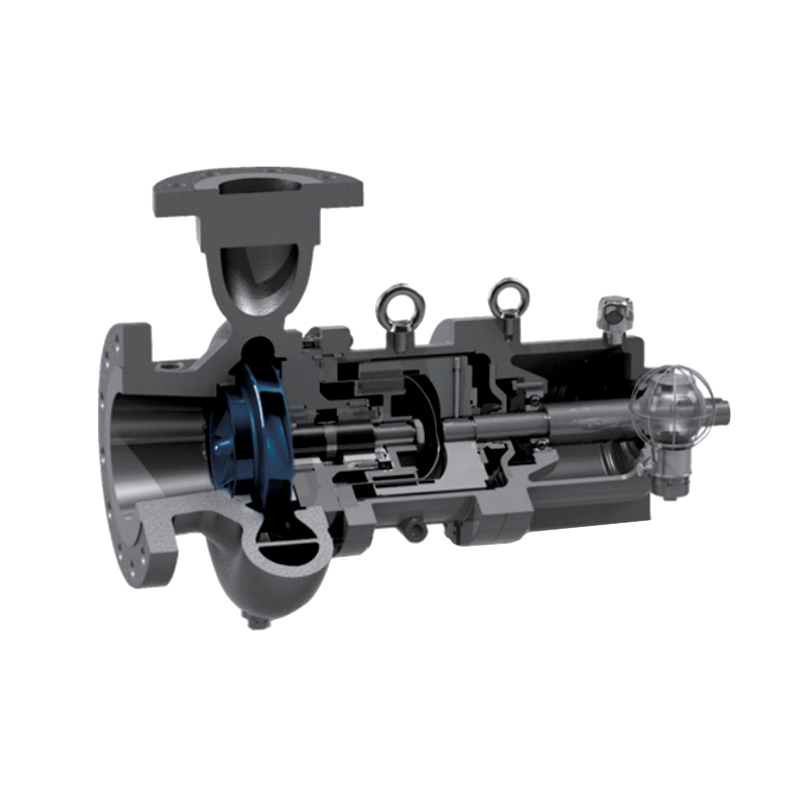
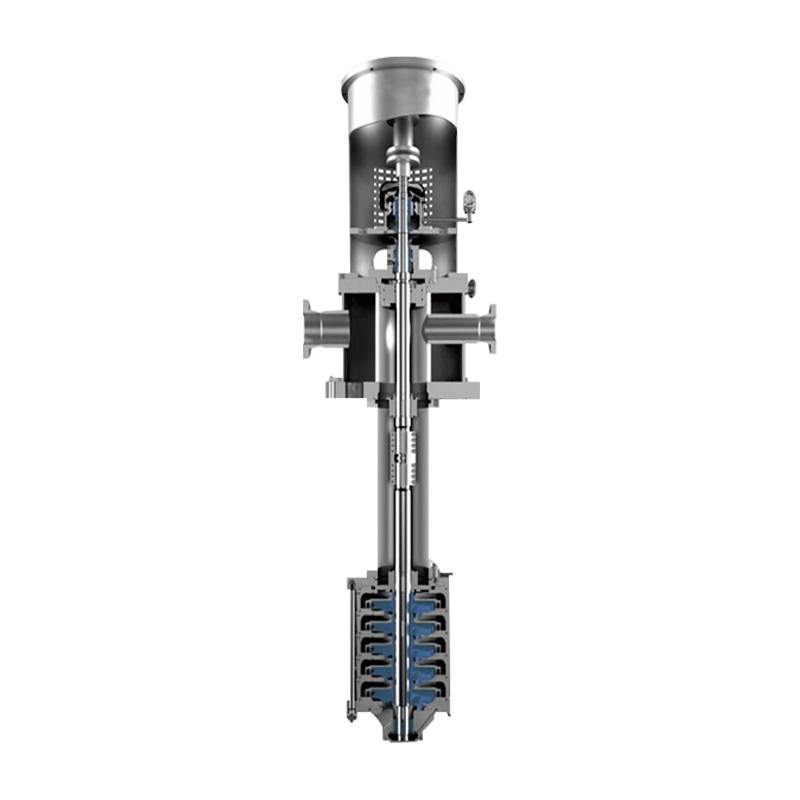
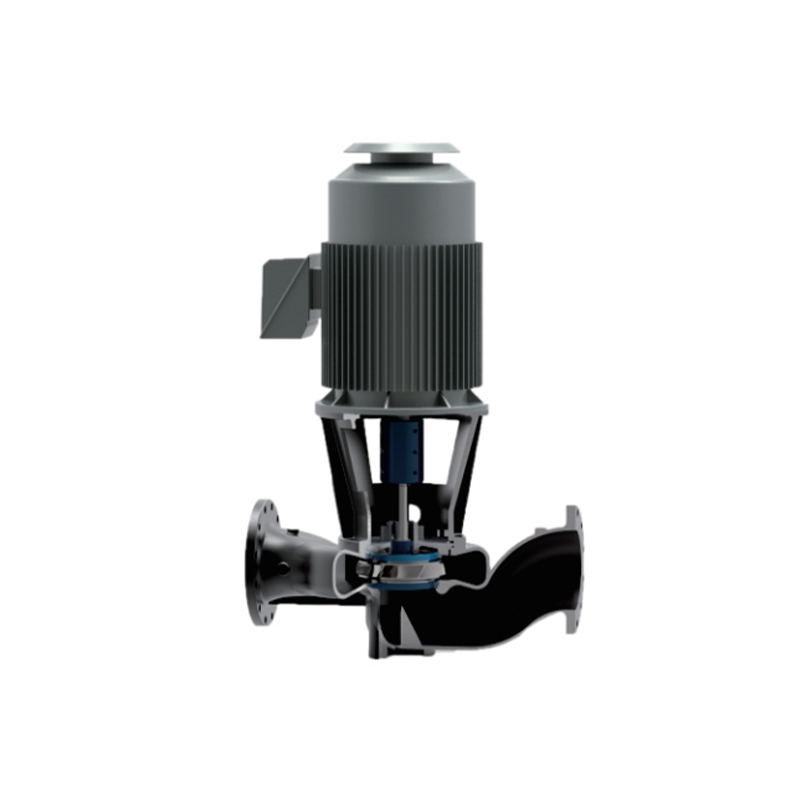

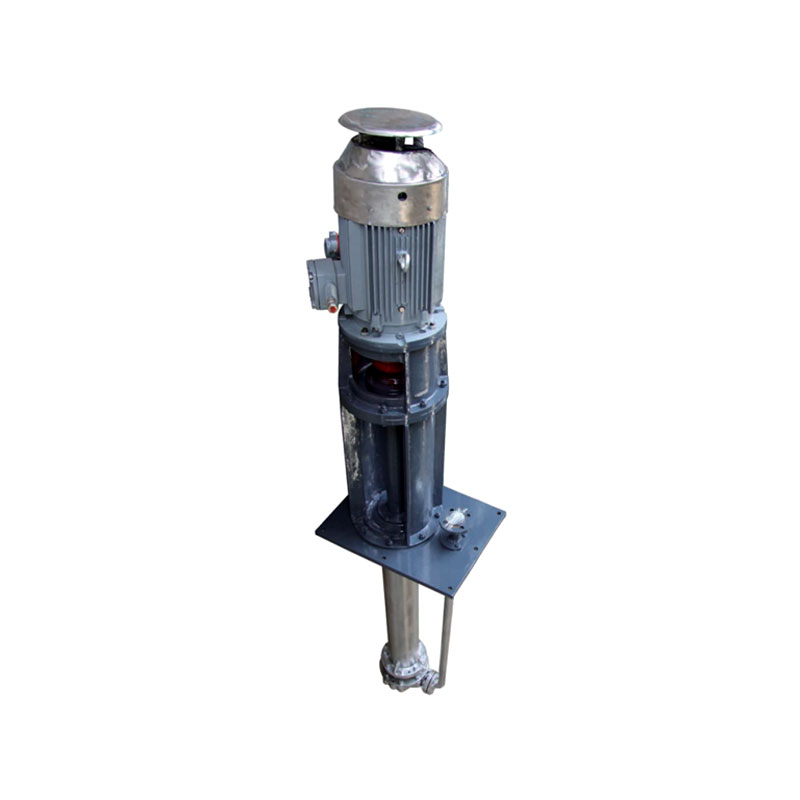
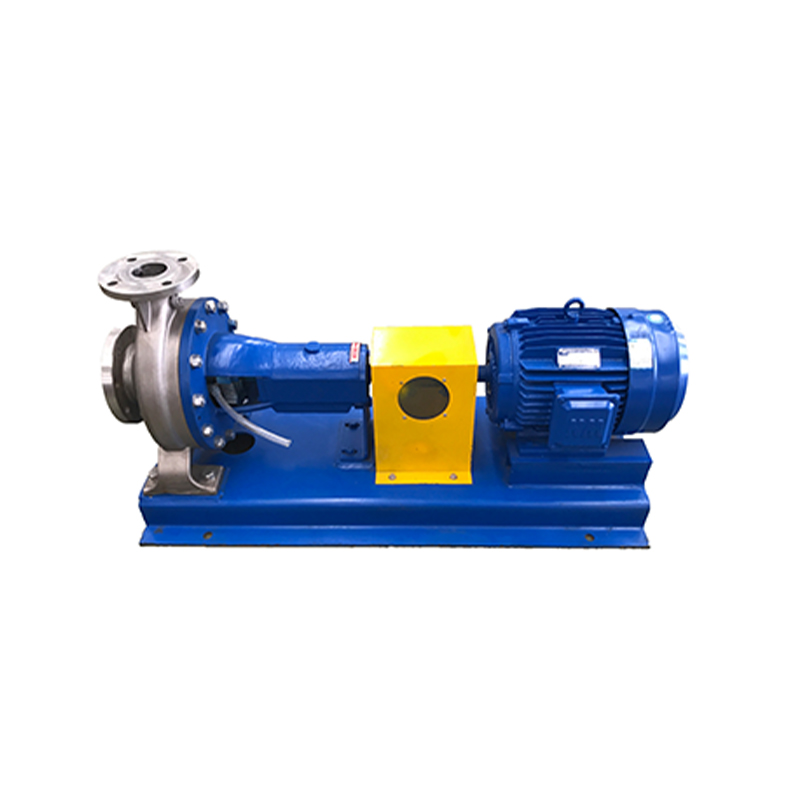

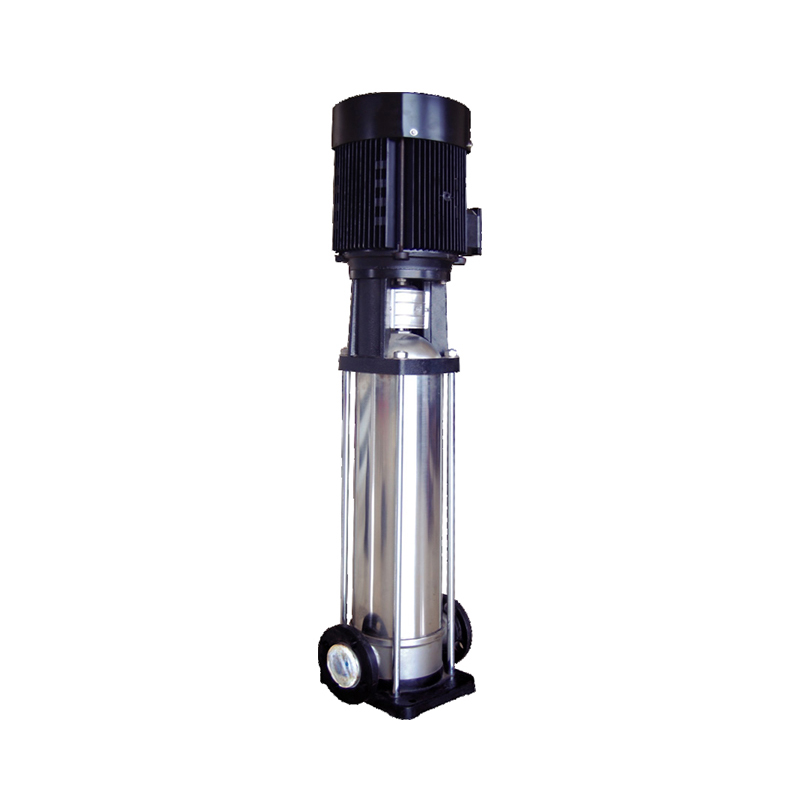






 ENG
ENG

 TOP
TOP